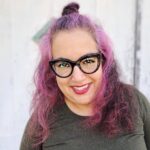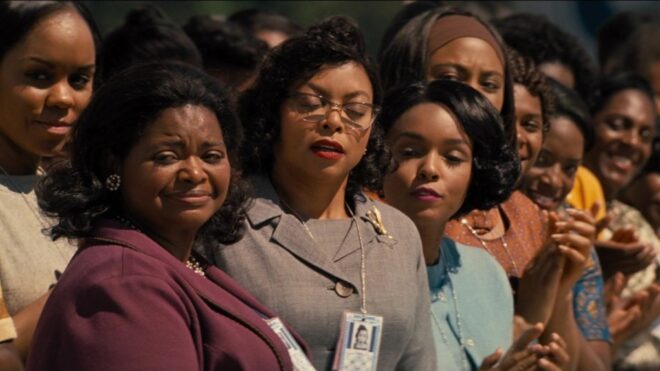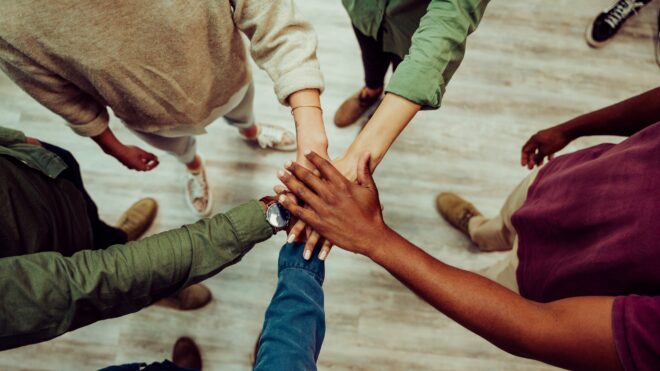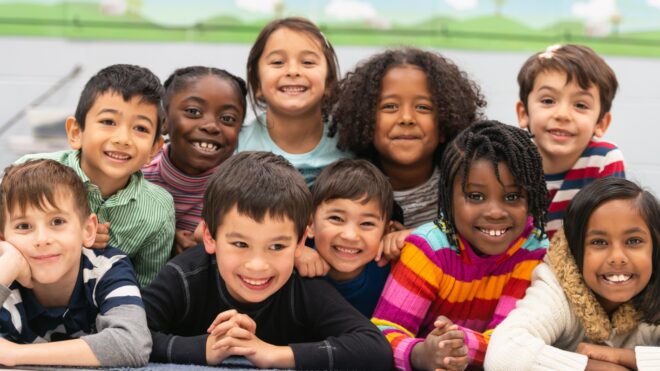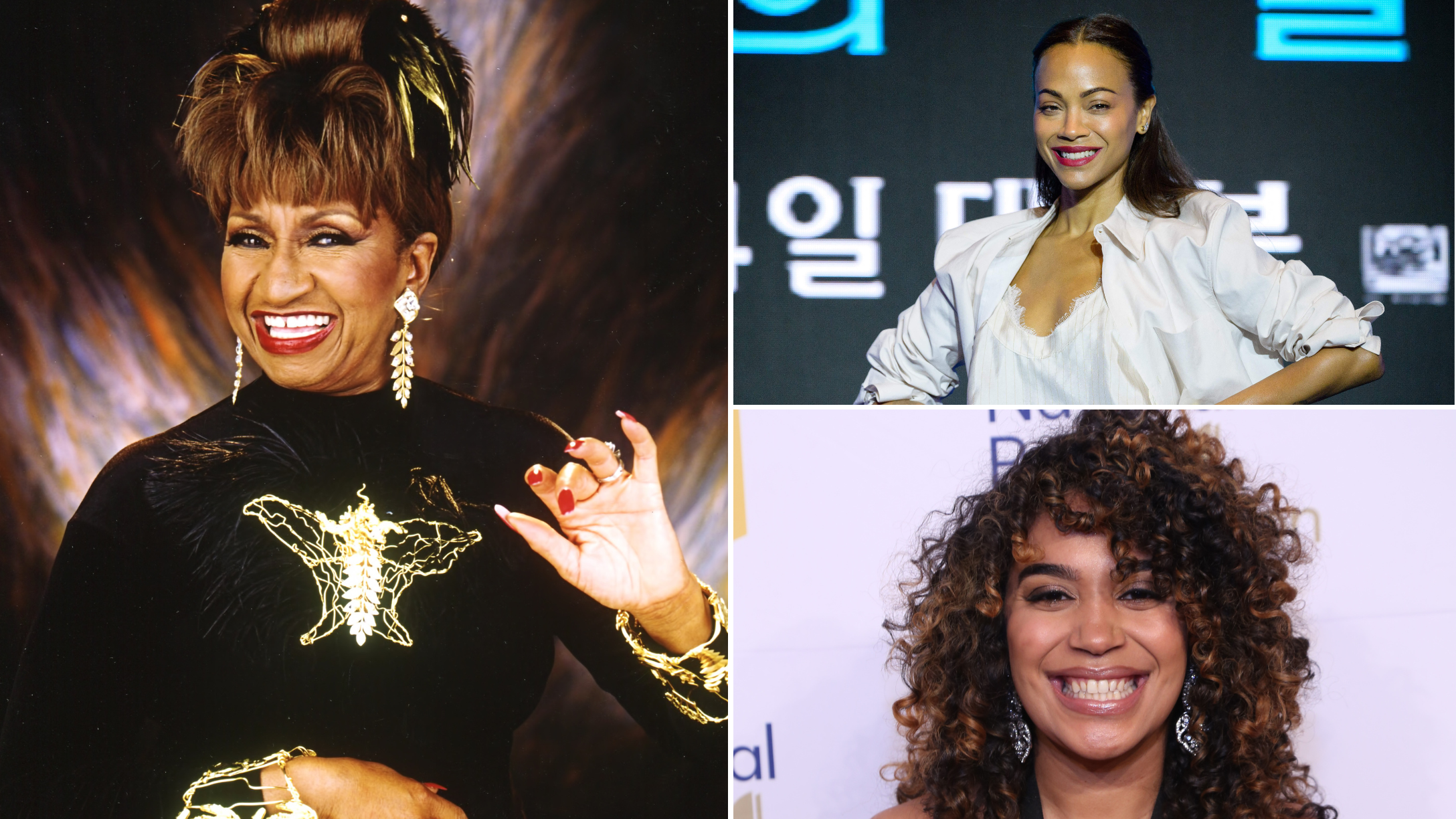
If the contributions of Black people were as well known as they should be, and fully appreciated, then we wouldn't need a designated Black History Month. Since that is not the case, Black History Month is a reminder to us all to actively celebrate the contributions of Black people throughout history. And no celebration of Black history is complete without the inclusion of Afro-Latinos, who still far too often get left out of Black history, Latino history, and all history. Teaching our children about the contributions of Afro-Latinos is our duty and not one that we can trust to be done for us, because so far, the public school system hasn't done a stellar job of representing Latinos in general, which by default means that Afro-Latinos are even less represented.
More from MamásLatinas: How to talk to our children about racism & the importance of equality
Latinos are often lumped together as one big group, but anyone who is Latino knows that we are incredibly diverse. We express our Latinidad differently depending on whether our roots are from Mexico, Cuba, Brazil, Argentina, Guatemala, Panama, and so on. Also, being Latino has nothing to do with race, which is still very confusing to some and why the term Afro-Latino even came into existence. "The term Afro-Latino was adopted as a response to the invisibility of Latin American and Caribbean blacks while discussing issues of ethnicity," explains the University of Nevada on its Black History Month Resources page.
It's not easy to teach our children about things that we may not even know, but we live during a time when it's easy to access articles like this one highlighting Afro-Latinos who have made an impact. Take a look at just a few of the amazing Afro-Latinos who have impacted the arts, the sciences, and the world. Share their names and contributions with your kids to help inspire them to achieve their dreams. Then keep actively searching for Afro-Latino contributions online, because there is so much power in knowing our true history.
Celia Cruz is still one of the best-known salsa performers of all time.
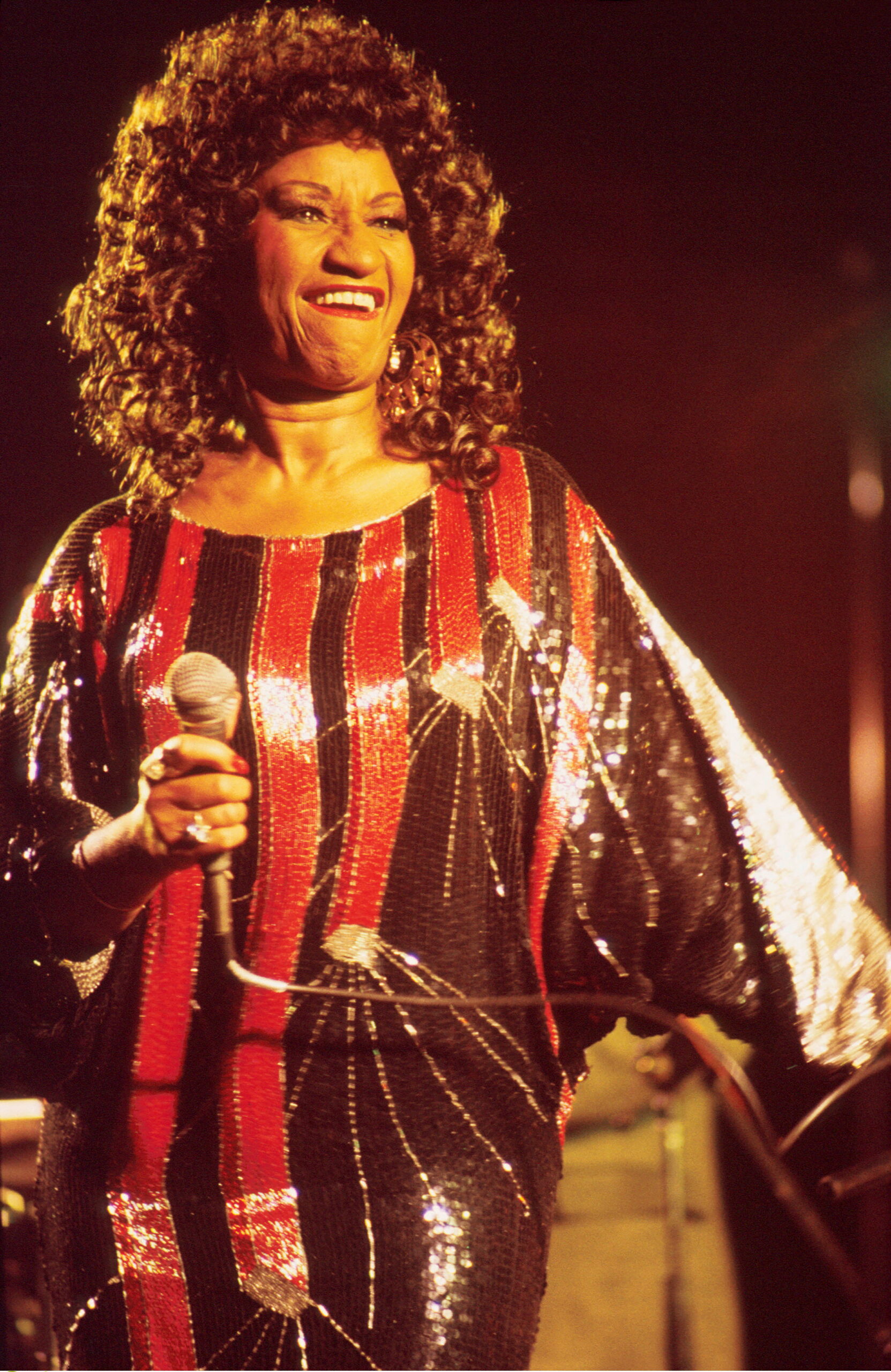
She was born on October 21, 1925, in Havana, Cuba, and died on July 16, 2003. During her lifetime, she became known as the Queen of Salsa and has yet to be dethroned. She recorded 23 gold albums. Although there is no doubt Celia faced racism, she always proudly embraced her African roots and often wore clothing that celebrated that part of her heritage.
Jean-Michel Basquiat could speak three languages fluently.
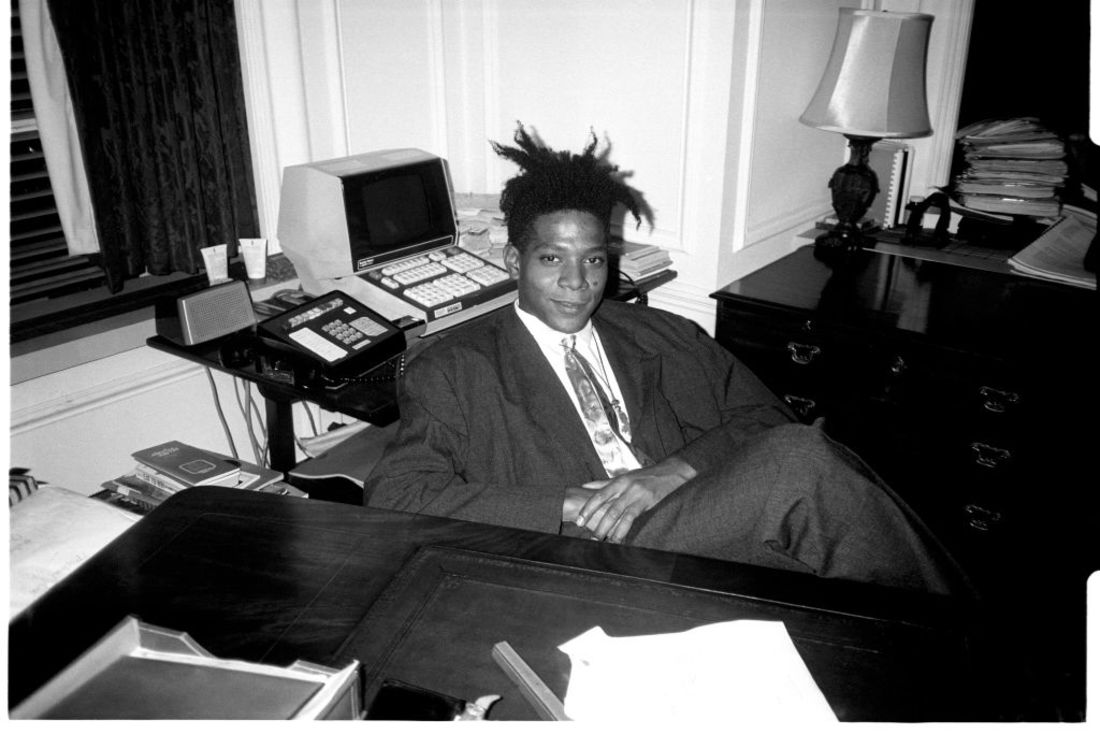
Many people are familiar with the work and legacy of artist Jean-Michel Basquiat, who was born on December 22, 1960, in Brooklyn, New York, and died on August 12, 1988. What a lot of people don't realize is that he was Afro-Latino. His father was Haitian American and his mother was Puerto Rican. Jean-Michel grew up speaking English, Spanish, and French, thank you very much. In his early works, he used a crown motif, which was his way of representing Black people as royalty or saints.
Rosie Perez is an actor, choreographer, and community activist.
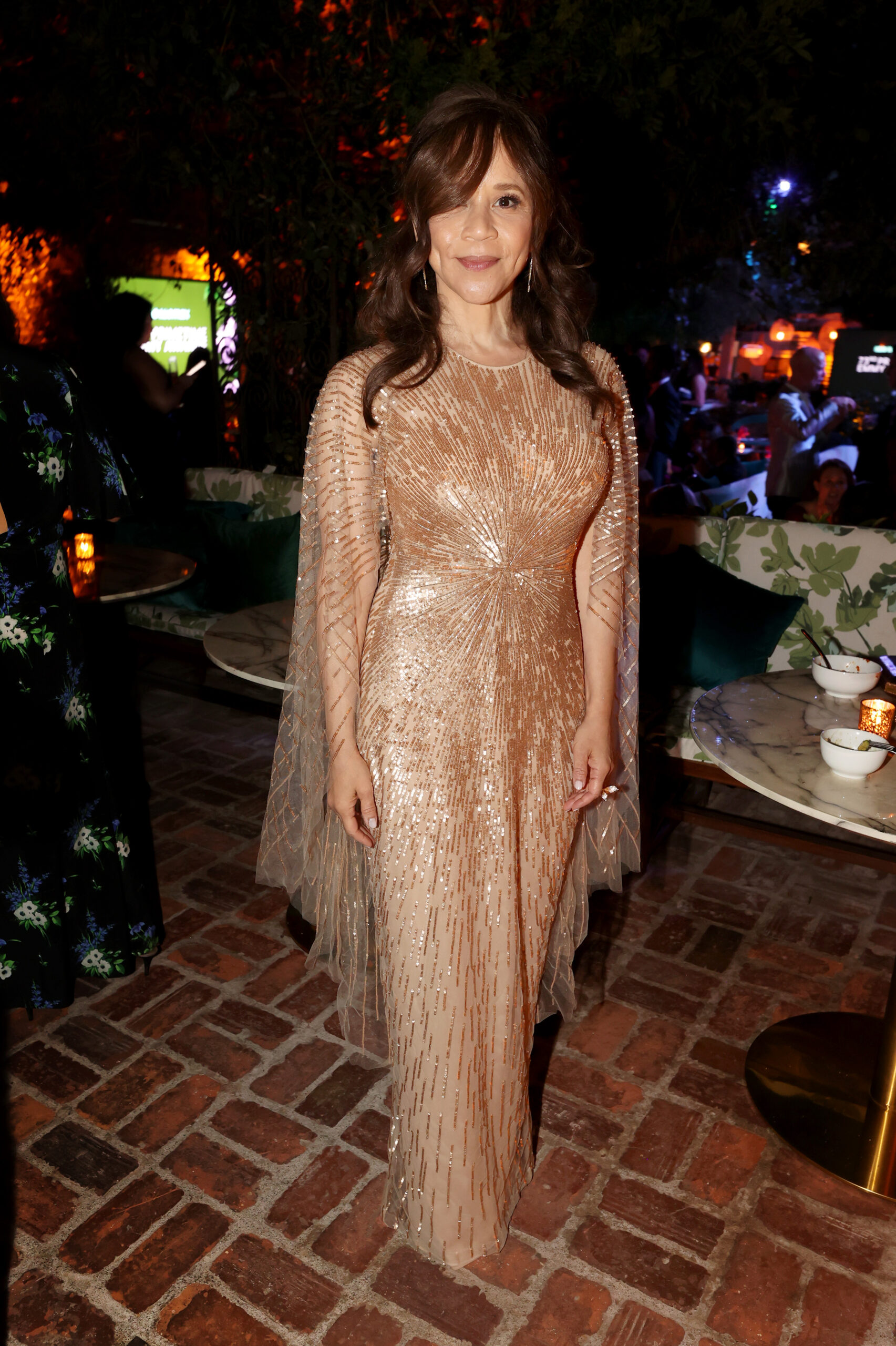
Born in 1964 in New York to Puerto Rican parents, Rosie Perez first came to widespread attention for her role in the Spike Lee film Do the Right Thing. Aside from her creative endeavors, she is an activist for Puerto Rican rights. Her film Yo Soy Boricua! Pa' Que Tú Lo Sepas! documents her activism.
Zoe Saldaña started her career as a dancer.
She was born on June 19, 1978, in Passaic, New Jersey, to a mother of Puerto Rican descent and a father from the Dominican Republic. Zoe has been very candid about how her "cultural composition" has been used against her when it comes to landing acting roles. She shared the following in an interview:
"Every time I read a script, even if it was a period piece, I read it thinking that I was going to go after the lead role. It wasn't until I would come across the introduction of a supporting ethnic role that I realized, 'Oh'. I wasn't even allowed to try to get that main role, because 'they want to go traditional on the part'. I would hang up on that conversation from my agents, thinking, 'What about me is non-traditional'? It was a very hard pill to swallow."
Rosario Dawson is an actor, producer, and activist.
She was born on May 9, 1979, in New York City. Her mother is of Puerto Rican and Afro-Cuban descent. When Rosario was 6 years old, she and her family started squatting in an empty building because they couldn't afford rent. That situation continued for years. When she was 15 years old, she was spotted sitting in front of the building she lived in at the time and was cast in the movie Kids. She has been a successful actor and producer ever since. She also helped cofound Voto Latino, an organization that focuses on getting Latinos registered to vote.
Elizabeth Acevedo is an Afro-Dominican author and performer.
She is the author of The Poet X, With the Fire on High, and Clap When You Land. Although these novels are marketed as being for young adults, their appeal extends to adults of all ages. Elizabeth was 14 years old when she competed in her first poetry slam at the Nuyorican Poets Café. Her first novel, The Poet X, was published in 2018 and went on to become a New York Times bestseller. It chronicles the life of a Latina girl coming of age and finding a way to express herself.
Maritza Correia McClendon is a former Olympic swimmer from Puerto Rico.
In 2004, Maritza Correia McClendon became the first Afro-Puerto Rican to be on the US Olympic team. She won a silver medal while competing, making her the first Afro-American swimmer for the US to win an Olympic medal. She is also the first US Black woman to set an American and world swimming record.
Martina Arroyo is an operatic soprano.
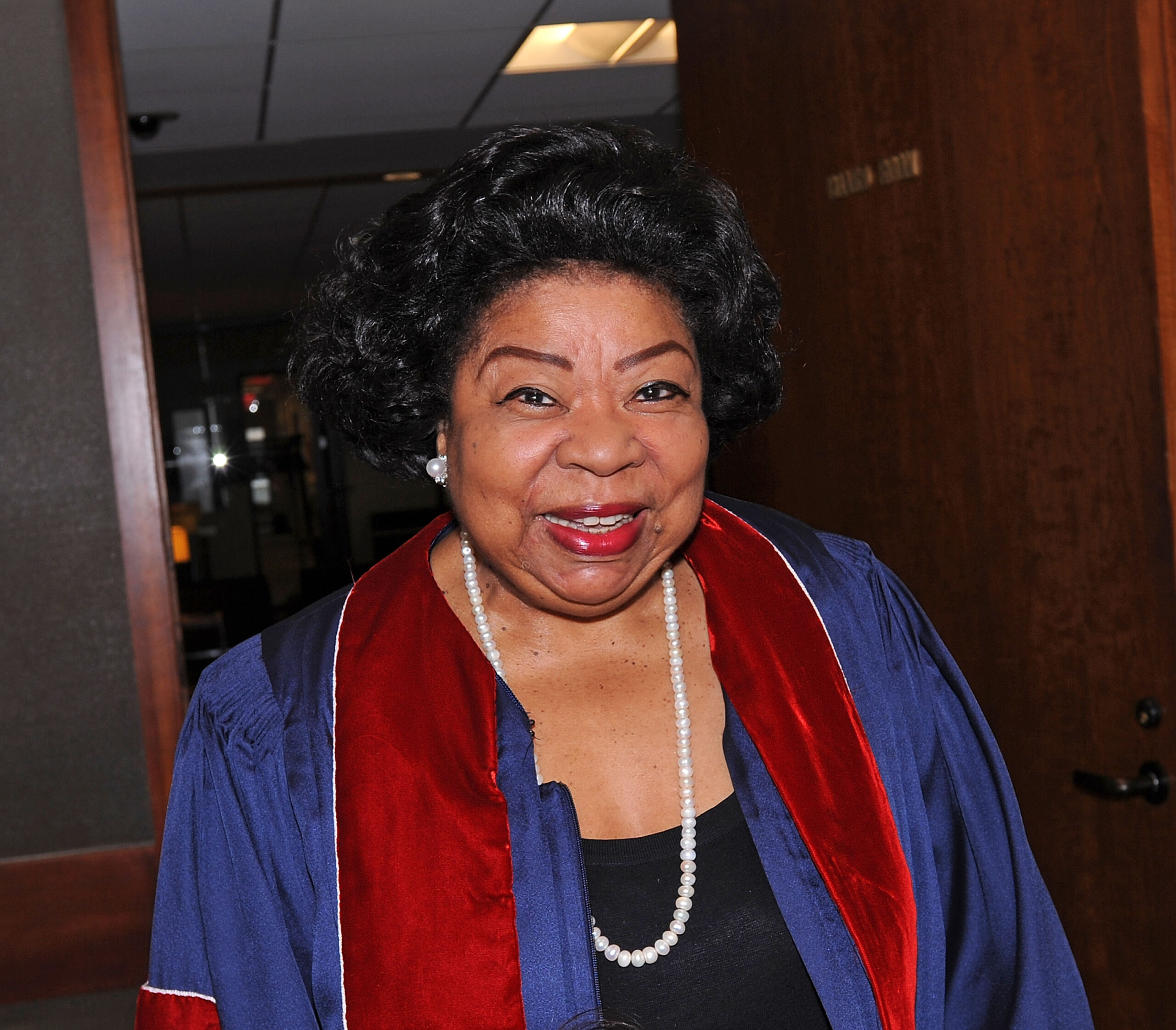
Born in 1937, she is of Puerto Rican and African American descent. She has done much to break down barriers for people of color in opera. "I had a lot of dreams when I was a kid, and my mother humored them," Martina told New York Times Magazine.
Mariano Rivera is a former professional baseball pitcher.
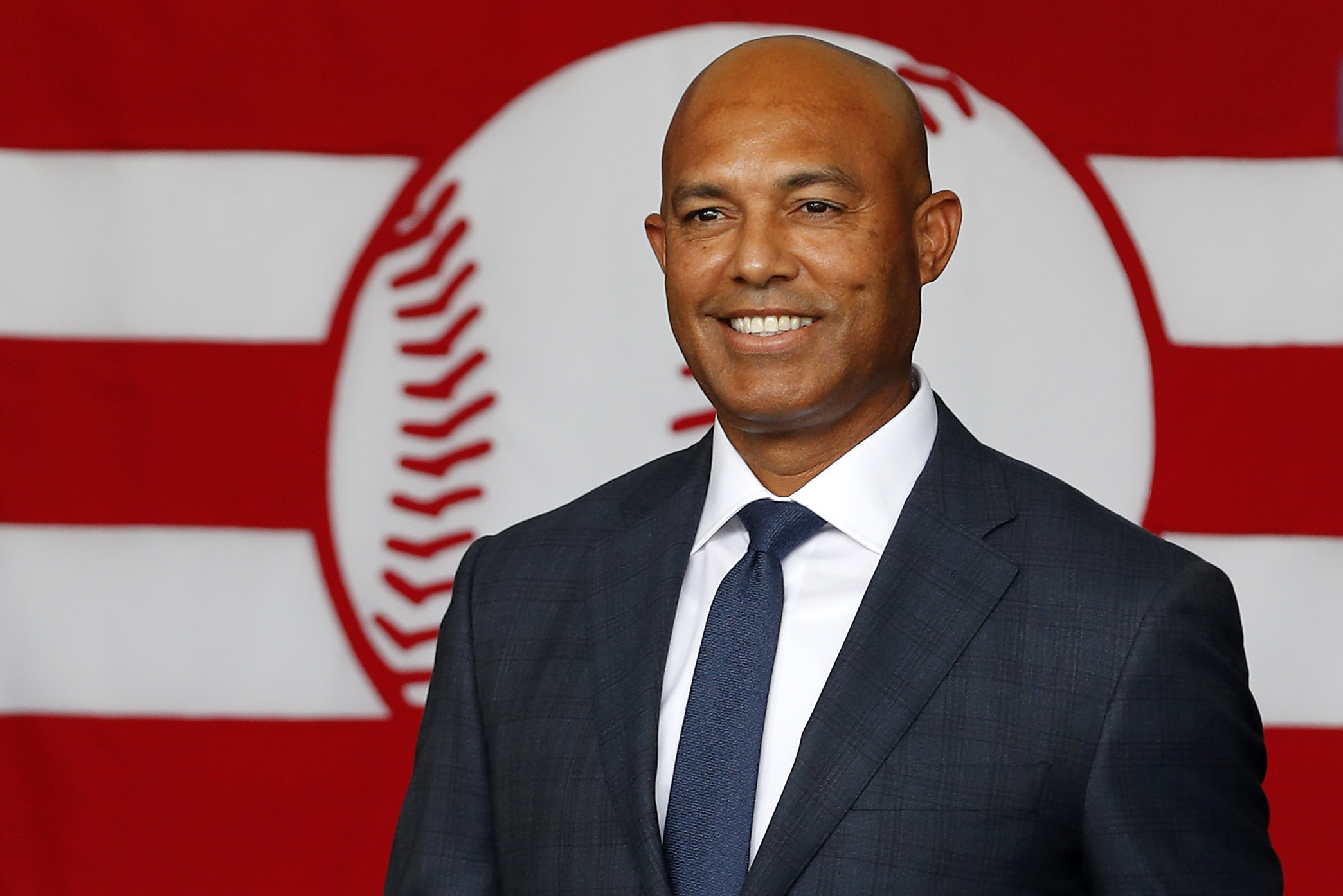
Mariano Rivera played 19 seasons in Major League Baseball for the New York Yankees. The Panamanian American pitcher is a 13-time All-Star and a five-time World Series champion. He is considered to be one of the greatest relievers of all time. In 2019, he became the first unanimous inductee into the Baseball Hall of Fame.
Esperanza Spalding is a jazz bassist, singer, songwriter, and composer.
Esperanza Spalding was only 5 years old when she started playing with the Chamber Music Society of Oregon as a violist. She played with them for 10 years and morphed into a bass player. She was raised in a multiethnic and multilingual household and speaks English, Spanish, and Portuguese. So far, she's won four Grammy Awards.
Jessica Esquivel, PhD, is a physicist, data analyst, and science communicator.
She is a Black Mexican and American physicist with an expertise in data analysis, particle physics, and machine learning. She knows the importance of including her personal experience when discussing science, technology, engineering, arts, and math (STEAM) and is dedicated to developing accessible content. Dr. Esquivel's website breaks down her whole mission perfectly, so let us just quote what it says:
"As one of few AfroLatinX women to graduate from St. Mary's University with a Bachelor of Science in Electrical Engineering and Applied Physics and the second to graduate with a PhD in Physics from Syracuse University, Dr. Esquivel understands traversing spaces as the only and has a very personal recognition of the importance of equity, diversity and inclusion in the #STEAM space."
Miriam Jiménez Román was a Puerto Rican scholar, activist, and author.
She was born on June 11, 1951, in Puerto Rico and died on August 6, 2020. She is considered a pioneer of Afro-Latinx studies. In the 1970s, she cofounded Encuentro de Mujeres, a feminist collective in Puerto Rico. Her critically acclaimed book The Afro-Latin@ Reader: History and Culture in the United States was published in 2010 and won the 2011 American Book Award.
Dascha Polanco is Dominican American.
Even though early in her career the Orange Is the New Black star was told to hide her Afro-Latinidad, she's done the exact opposite and publicly and proudly declares herself Afro-Latina. "I consider myself an Afro-Latina. I think we're very Black. I consider myself to be a Black woman," she said during an interview on Power 105.1's The Breakfast Club.
Gwen Ifill was a journalist, newscaster, and author.
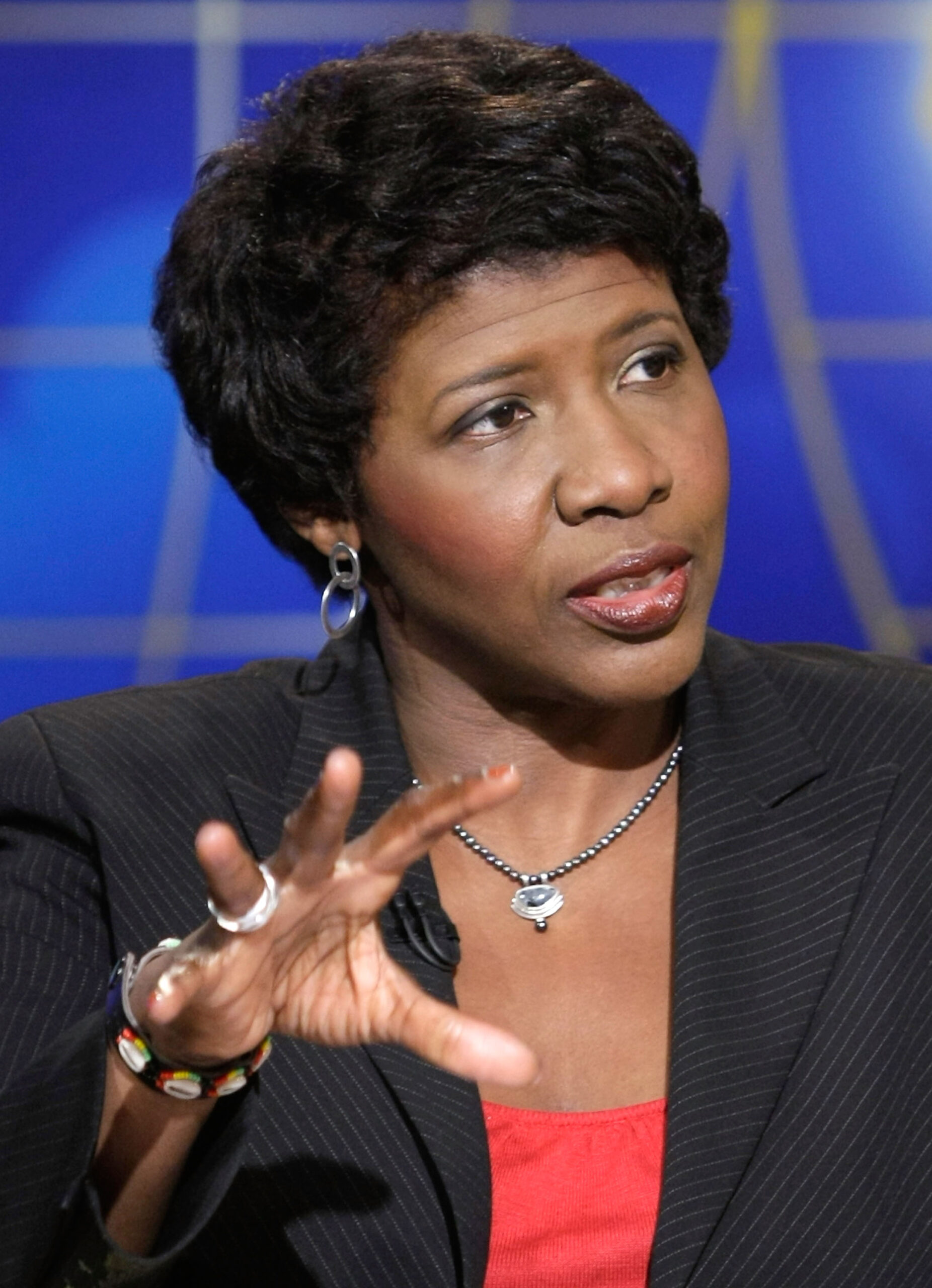
She was born on September 29, 1955, in New York and died on November 14, 2016. She was of Panamanian and Barbadian descent. She was the first Black woman to host a national televised public affairs program in the US. She also became the first Black woman to moderate a vice presidential debate. "Diversity is essential to the success of the news industry, and journalists must include diverse voices in their coverage in order to reach a broader audience. We have stories to tell, but many in our audience have stopped listening because they can tell that we're not talking about them," Gwen said.
Ruben Santiago-Hudson is a Tony Award-winning actor.
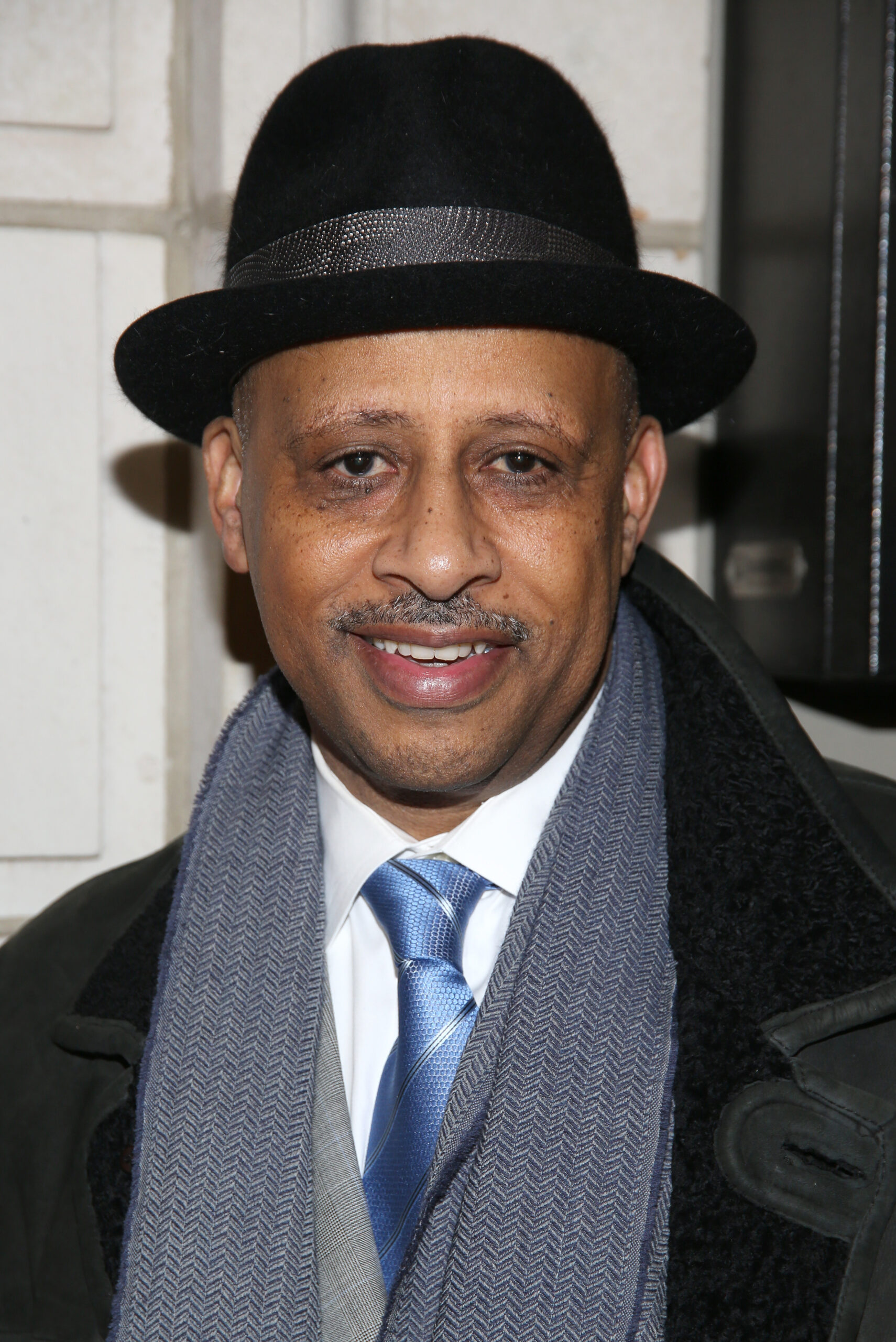
He was born to a Puerto Rican father and an African American mother. He is now an acclaimed actor, award-winning playwright, and director, but getting his career started in New York was not easy because of his background. He wanted to be a part of the Puerto Rican Traveling Theater in 1983, but they wouldn't have him because he didn't speak Spanish. Then when he tried to work with the Negro Ensemble Company, "they laughed and said, 'We don't have Puerto Ricans,'" he told The New York Times.
